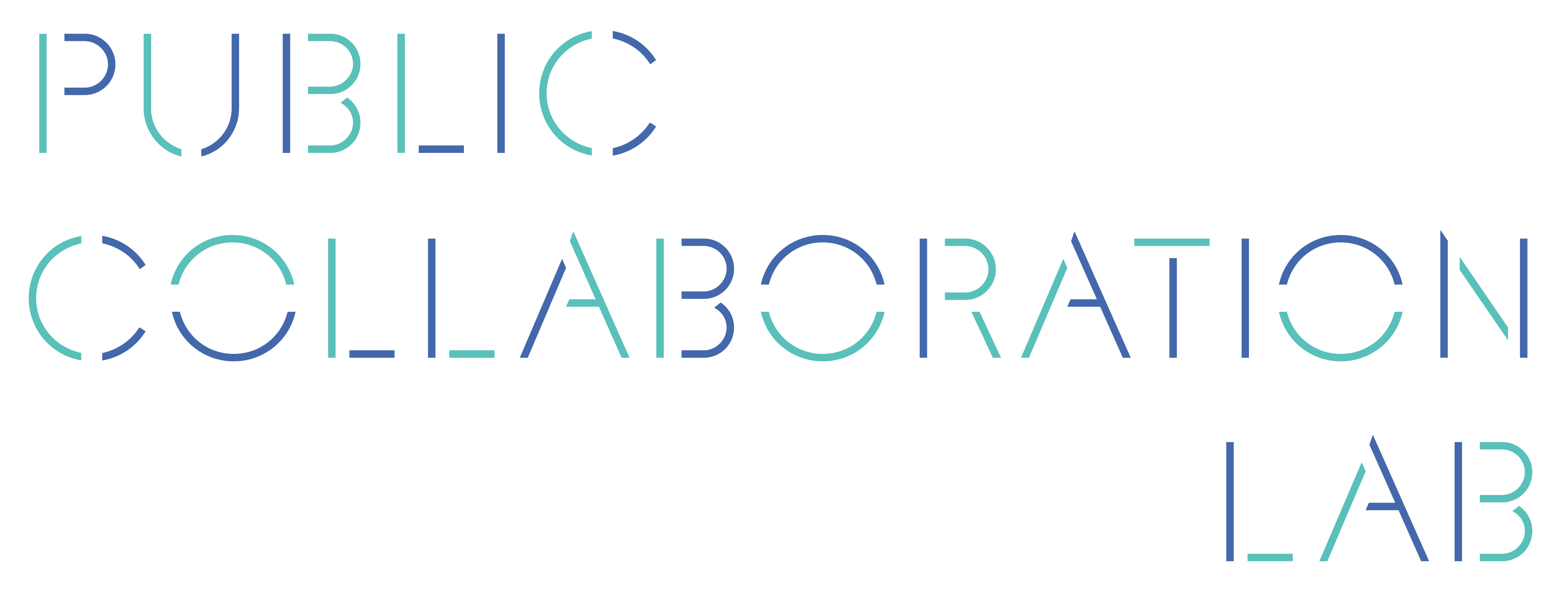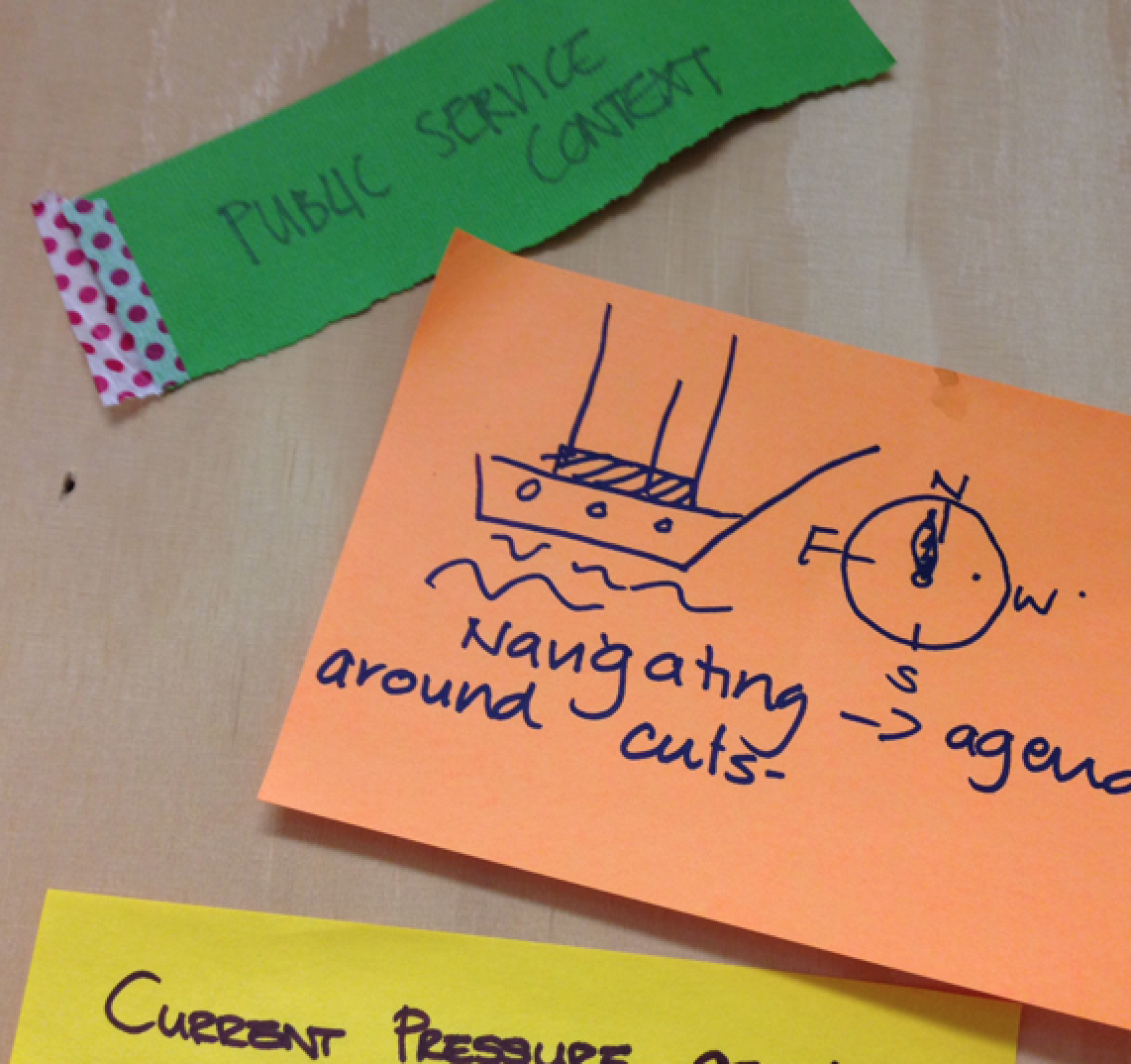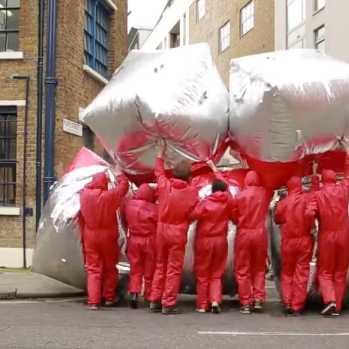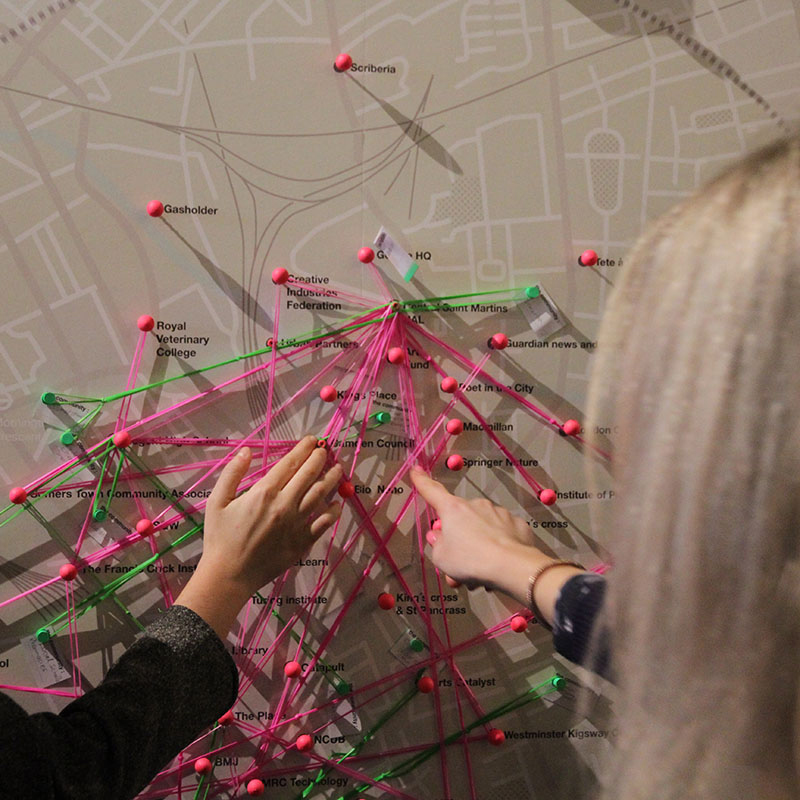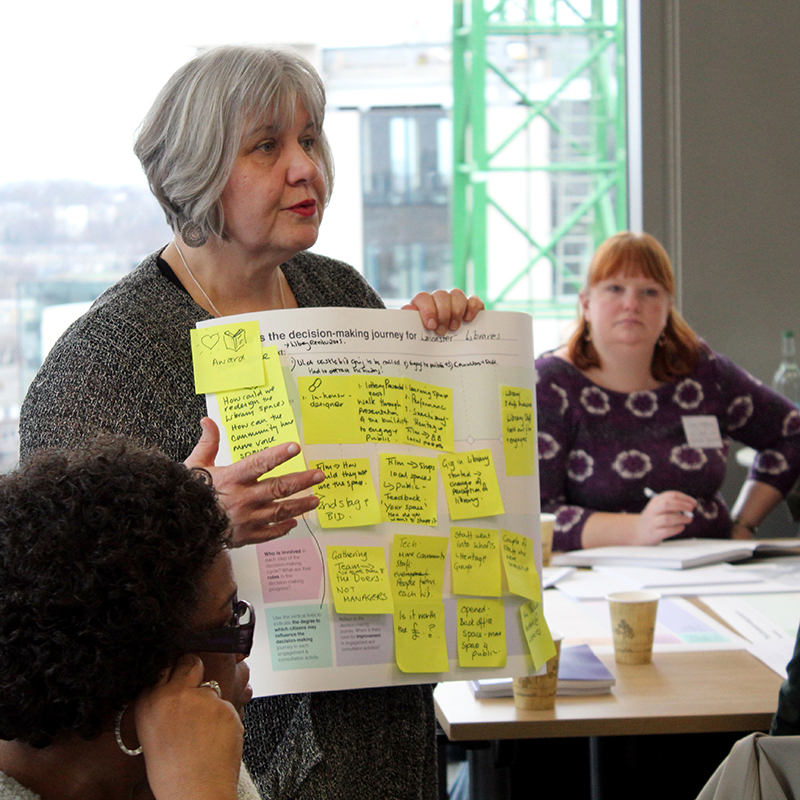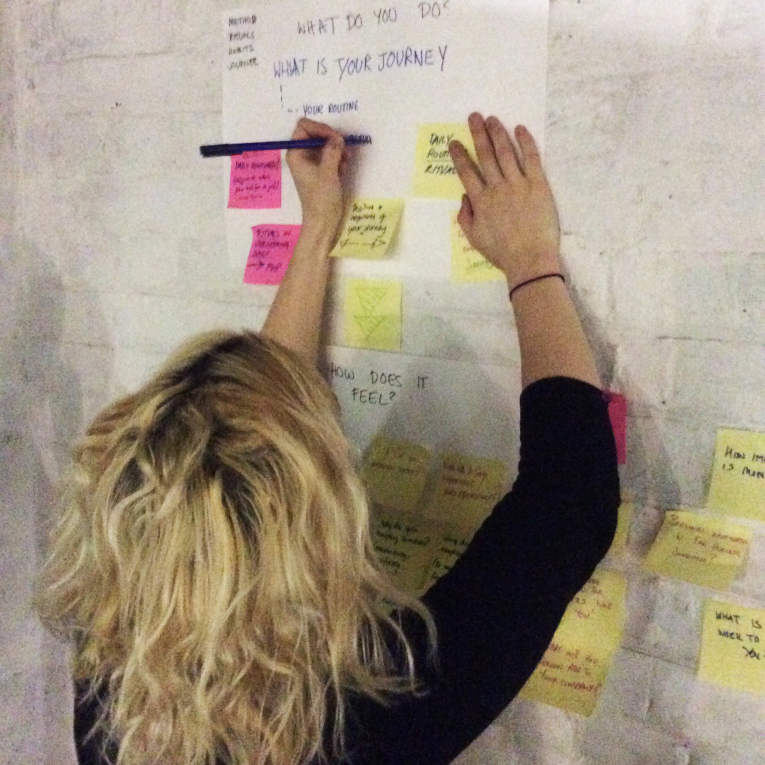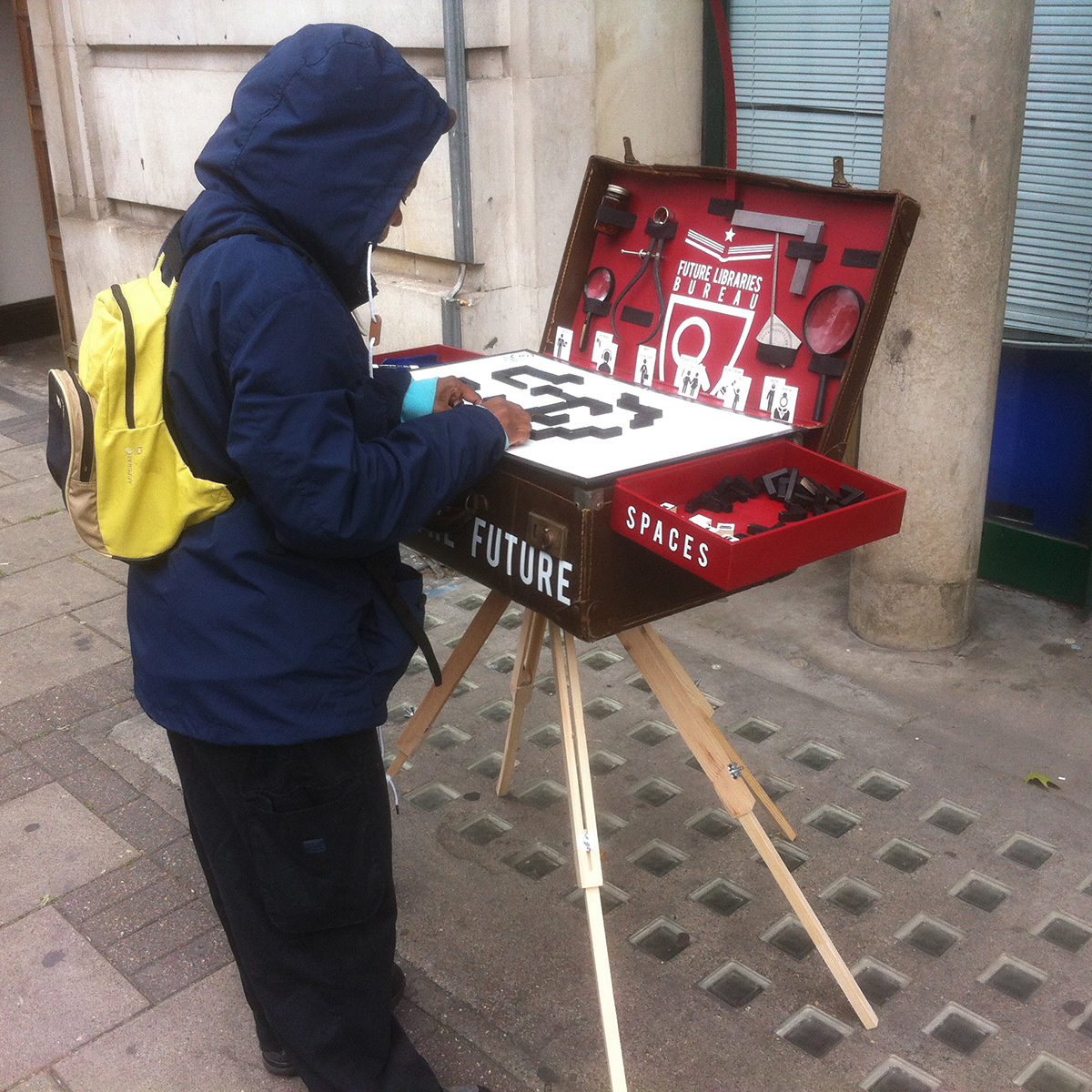Linking to the Red Lines COP21 event earlier in the year, here’s a new build and play event coming up this weekend:
Saturday 16 April – Building Cubes
Sunday 17 April – Playing with Cubes
Venue: The Hive, Dalston, London (260-264 Kingsland Road, London, E8 4DG)
Register here: http://goo.gl/forms/DlzisfpPFy
They float and fly. They stand, protect and inspire. The inflatable cobblestones that were brought to life in the streets of Paris during the UN Climate talks last December are now replicating across the globe in preparation for a #BreakFree week of action this May 2016.
Our contemporary barricades are made not from barrels and rocks – but mylar insulation foil, double-sided carpet tape, and velcro. In Paris we fought against the State of Emergency that aimed to ban all dissent and forced our way on to the streets on 12 December. From there, we collectively resolved to take the fight to the fossil fuel industry in 2016.
From Saturday 30 April to 4 May, Reclaim the Power will hold a mass action camp to shut down the UK’s largest open cast coal mine at Ffos-y-fran in South Wales. Later in May, international climate networks from across Europe will join together to occupy an opencast coalmine at Lausitz Germany as part of ‘Ende Gelende’. In our actions, we will use the inflatable cobblestone concept as a both a practical and symbolic tool for collective disobedience and resistance.
To prepare our inflatable interventions, we will run three sessions in total:
Building Session 1 – (Time and Date still being confirmed – sorry! Check here for an update)
Building Session 2 – Saturday 16 April at the Hive, Dalston 11am – 6pm.
In these sessions, we will learn how to build the Inflatable Cubes from start to finish (it takes about 4 hours). All materials will be provided. Check out this chirpy 7 minute instructional video: https://vimeo.com/157500007/414539a398
You only need to attend one of the Build sessions, not both.
Play Session – Tactical Deployment – Sunday 17 April at the Hive in Dalston, 12.30pm – 6pm.
This is a practical training session focusing specifically on how we could use the Inflatables in various action scenarios. We will look at the role of the affinity group and experiment with how we can use the cubes for maximum tactical advantage against our fossil fuel adversaries. Check this formations video for some ideas: https://vimeo.com/160391763/fb47dfda6e
Places are limited for the build sessions and we’ll need a clear idea of numbers, so please apply on this quick Registration form: http://goo.gl/forms/DlzisfpPFy
The building and training sessions are mostly intended for people who will be attending the End Coal Now action in Wales in May. However, if you’re not sure if you can go to the Welsh action, don’t hold back on registering anyway.
Email info@reclaimthepower.org.uk for any questions.
With thanks,
Reclaim the Power’s Emergent Cobble Army
